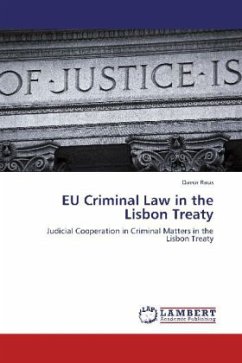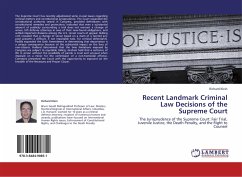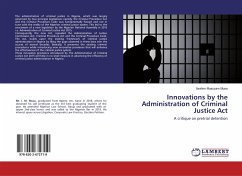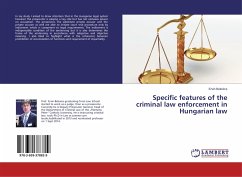This paper will elaborate historical perspective of the EU in the area of the judicial cooperation in criminal matters through analysis of the EU Treaties (from the Maastricht to the Treaty of Lisbon) and major institutional changes they introduced. The paper will also elaborate key strategic documents for judicial cooperation in criminal matters in the EU Law from the European Council s Summit in Tampere to the Stockholm Programme and the Action Plan for its implementation. The paper will further present institutions/bodies of the EU which are the most relevant in the framework of freedom, security and justice. The paper will present an overview of crucial changes and challenges which entering of the Lisbon Treaty into force brought for judicial cooperation in criminal matters in the EU law. The paper will briefly present the legislation in force as well as legislation in progress in the area of judicial cooperation in criminal matters in the EU Law and the main characteristics of each specific instrument. The paper will conclude with presenting the major perspectives and challenges ahead of the area of freedom, security and justice in the near future.
Bitte wählen Sie Ihr Anliegen aus.
Rechnungen
Retourenschein anfordern
Bestellstatus
Storno








